To celebrate National Hispanic Heritage Month we are highlighting some of FSG’s incredible writers from Spain, the Caribbean, Central America, and South America whom we are proud to publish. From Mario Vargas Llosa’s forthcoming detective novel to a poetry anthology surveying the twentieth century’s most important Latin American verse, these voices span decades, genres, languages and dialects, emphasizing the diversity of Hispanic voices all over the world. You won’t want to miss these fantastic reads.
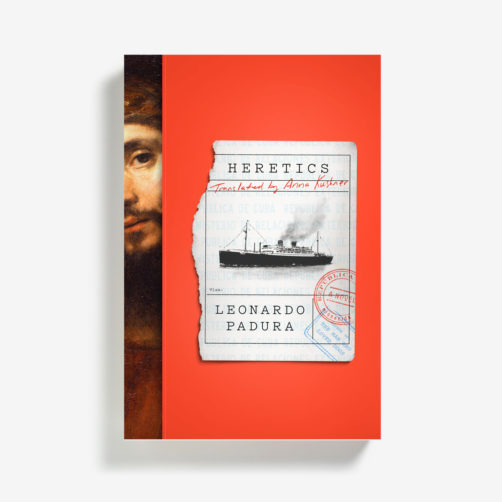
Heretics by Leonardo Padura
At once an exhilarating detective story and a multigenerational historical drama, Padura’s characters are at odds with their worlds and are heretics of various sorts—struggling to reconcile faith, desire, and the political realities of their time. Padura takes us on a journey that moves between 1930s Cuba and the present, tracing a lost Jewish family and a Rembrandt painting at the center of the mystery.
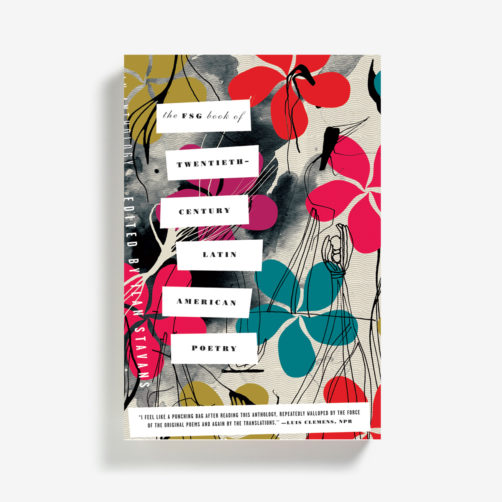
The FSG Book of Twentieth-Century Latin American Poetry edited by Ilan Stavans
In this anthology, poetry serves as a crucial record of the past. From Rubén Darío to Jorge Luis Borges to Pablo Neruda, the verse is alive, and these poems construct a portrait of a continent undergoing turmoil and growth. The voices born from this landscape break down boundaries of geography, ruminate on language, and are written with rawness and honesty—all they ask is that we listen.
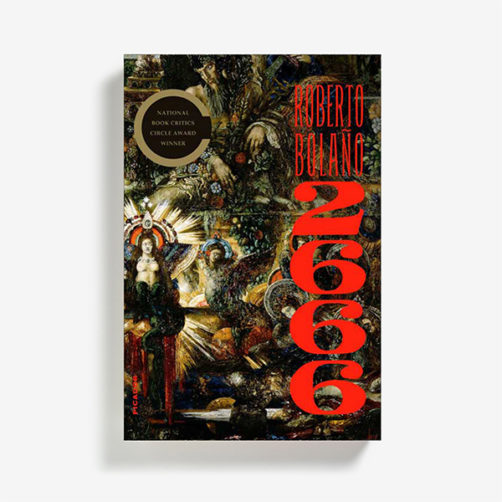
2666 by Roberto Bolaño
Bolaño’s bold and intricate masterpiece redefines what a novel can do, encompassing an entire era and multiple genres with language that is at times visceral, at times poetic, and always enveloping us in the reality it builds. Blanco y Negro raves, “It is impossible to read this book without feeling the earth shift beneath one’s feet. It is impossible to venture deep into writing so unforgiving without feeling inwardly moved.”
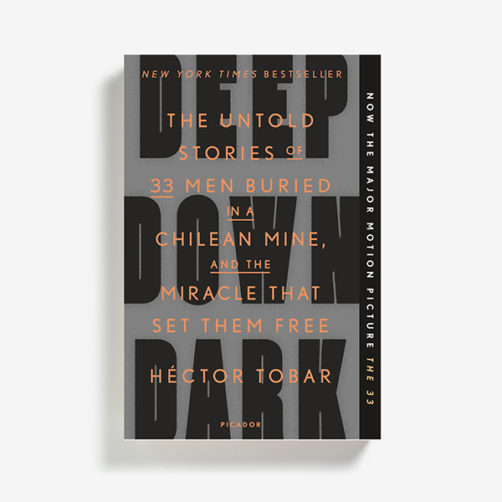
Deep Down Dark by Héctor Tobar
Now a motion picture starring Antonio Banderas, Deep Down Dark takes us into the depths of the San José mine in Chile, which collapsed in August 2010, trapping 33 miners for 69 days and severing them from the outside world. Tobar’s investigative account weaves a narrative that immerses us in the terror of those uncertain days and in the resilience of the human spirit.
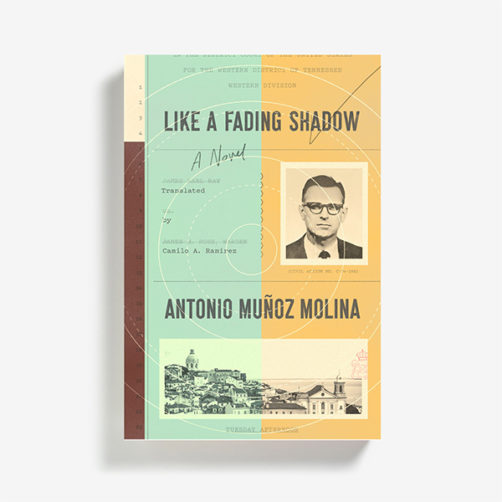
Like a Fading Shadow by Antonio Muñoz Molina
This novel masterfully blurs fiction, memoir, and biography, simultaneously tracing James Earl Ray’s frenzied escape from the U.S. after assassinating Martin Luther King, Jr. and Antonio Muñoz Molina’s quest to find his voice as a writer. These worlds swirl together in vivid and lyrical prose that takes us into the mind of a murderer.
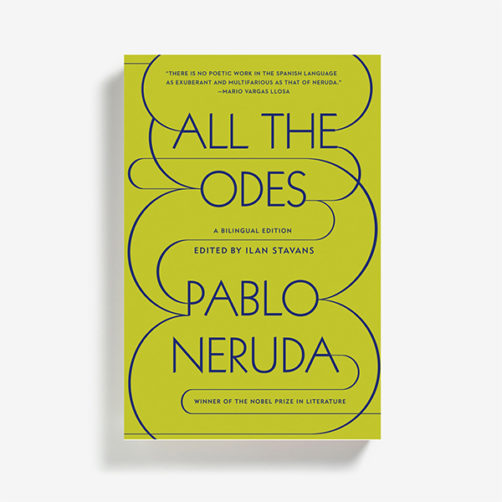
All the Odes by Pablo Neruda
For Neruda, the ode offered a way to honor the small and easily forgotten aspects of everyday life—an artichoke, the clouds, typography—zooming in to refocus us. Neruda wrote an ode a week when he was in his late forties, resulting in 225 energetic and grateful snapshots of how Neruda saw the world. The result is a personal diary of a man in search of meaning who sings to life itself.
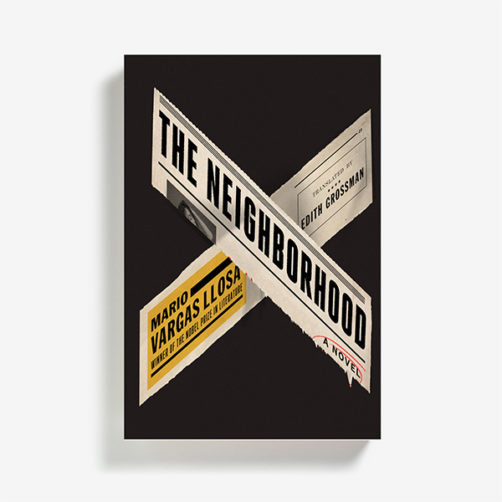
The Neighborhood by Mario Vargas Llosa
Nobel laureate Mario Vargas Llosa returns with a thrilling detective novel that delves into the corrupt political system of 1990s Peru. This is a world of blackmail, scandal, and lies that keeps us breathless and offers a scathing indictment of the vulgarity of freedom in a corrupt system.
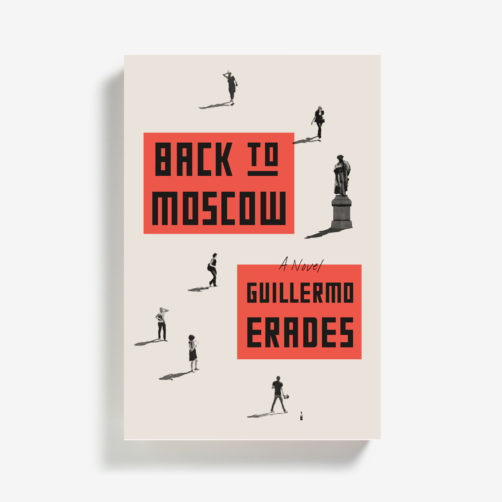
Back to Moscow by Guillermo Erades
With this book we get lost in a city turned on its head, where grim vestiges of Soviet life meet an unhinged class of newly rich. In prose evoking the neurotic openheartedness of Ben Lerner and the satire of Bret Easton Ellis, Erades tells an unforgettable coming-of-age story and builds a complex portrait of a city undergoing radical change.
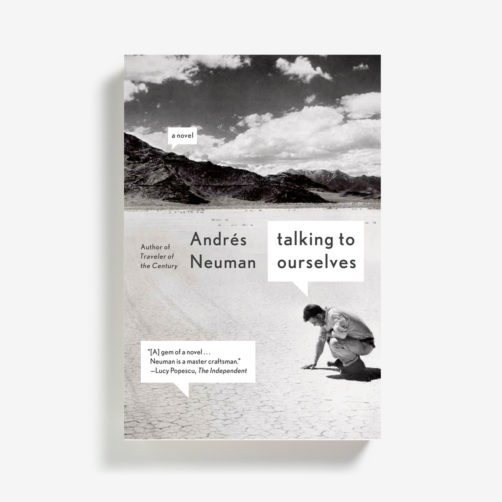
Talking to Ourselves by Andrés Neuman
A moving family drama told in three voices that looks at estranged love and how we are transformed by loss—reflecting on grief and the consolation found in language and reading. Neuman is described by Music and Literature as “one of the rare writers who can distill the most complex human emotions with apparent effortlessness.”
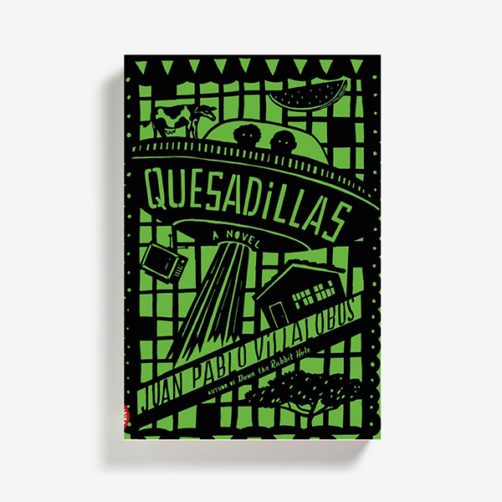
Quesadillas by Juan Pablo Villalobos
Mexican author Juan Pablo Villalobos’ writing is at once darkly hilarious and deeply troubling as it confronts poverty, class, and systemic violence. This satiric novel takes us into a town that has more cows than people, and more priests than cows, following a family’s struggles to overcome the bizarre dangers of living in Mexico.
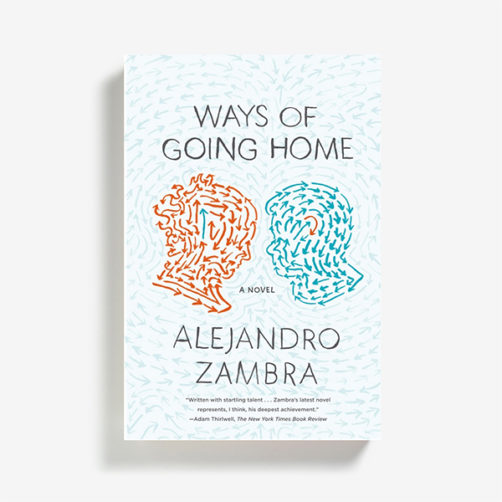
Ways of Going Home by Alejandro Zambra
In Chilean author Alejandro Zambra’s most personal novel, he explores the hazy divides between author and character, past and present, while pondering what it meant to grow up during the Pinochet years and the role of historical complicity. With powerful writing that has a restrained elegance, he gives voice to the experiences of a silent generation in Chile.
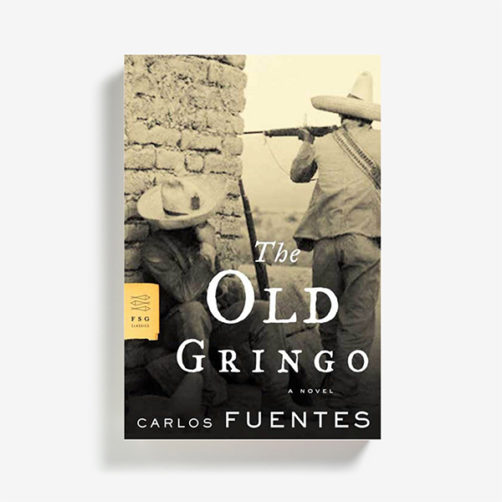
The Old Gringo by Carlos Fuentes
In this novel, Fuentes tracks an American journalist’s mysterious last days during the Mexican Revolution. Fuentes writes with energetic prose that immerses us in a world of conflict and violence, using its central characters to explore America and Mexico’s strange tussle between incompatibility and intimacy.
